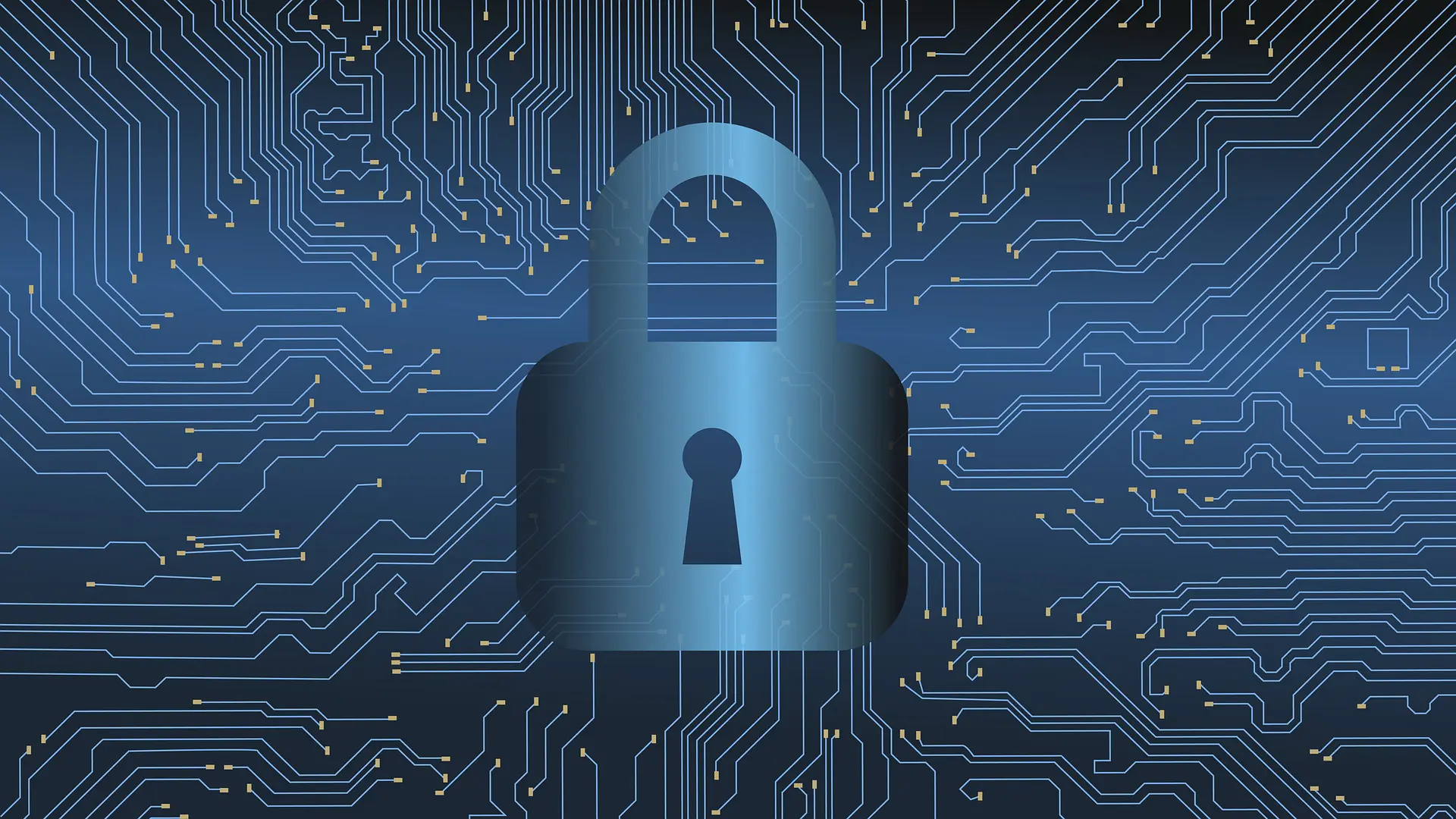How Blockchain Technology Can Solve Cybersecurity Issues


Blockchain technology has been making waves in various industries, offering enhanced security and transparency. Its decentralized nature and cryptographic protection make it an ideal candidate for addressing many cybersecurity challenges. This article will explore how blockchain technology can help solve cybersecurity issues, from preventing DDoS attacks to secure identity management.
Decentralization
One of the main features of blockchain technology is its decentralized nature, which eliminates the need for a central authority or single point of control. This distributed architecture makes it much harder for cybercriminals to compromise a system or network, as they would need to attack multiple nodes simultaneously to bring down the network. Decentralization makes blockchain networks more resilient to cyberattacks and reduces the risk of single points of failure.
Cryptographic Protection
Blockchain technology relies heavily on cryptography for securing data and ensuring its integrity. Transactions are encrypted and require the appropriate private key to access, making it extremely difficult for unauthorized parties to tamper with the data. This cryptographic protection helps prevent data breaches and unauthorized access to sensitive information.
Resistance to DDoS Attacks
Distributed denial-of-service (DDoS) attacks are a common cybersecurity threat, overwhelming targeted systems with massive amounts of traffic to render them unusable. Blockchain’s decentralized nature makes it more resistant to DDoS attacks, as the distributed network of nodes can absorb the attack traffic, preventing any single node from becoming overwhelmed.
Transparency and Traceability
Blockchain technology provides a transparent and traceable record of all transactions conducted on the network. Each transaction is permanently recorded in the blockchain and can be traced from its inception to its endpoint, allowing for easy identification of the location and transfer of funds. This also makes auditing and network control easier for organizations and cybersecurity professionals, preventing fraudulent activities and hacking attempts.
Identity Management
Blockchain technology can also be used to create secure identity management and authentication systems for users. This helps prevent unauthorized access to systems and data, as well as reduces the risk of data leaks and account breaches. Blockchain provides secure storage of personal information, allowing users to control access to their data.
Blockchain technology offers a range of benefits for improving cybersecurity, including decentralization, cryptographic protection, resistance to DDoS attacks, transparency and traceability of transactions, and identity management. Implementing blockchain in the realm of cybersecurity can help prevent various types of attacks, ensuring a safer and more reliable internet for all users.
Recent Posts
How to Manage an Online Community: Best Practices for Success
In today's digital age, online communities have become a pivotal aspect of brand building, marketing, and fostering user engagement. Proper…
The Future Smart Home: Automation, Energy Efficiency & Next-gen Technologies
Automation, Energy Efficiency, and Cutting-edge Technologies in Domestic Management. 1. Introduction In today's world, technology continues to become more integrated…
Building an Online Community: A Step-by-Step Guide
In today's digital age, online communities have become hubs for knowledge exchange, shared interests, and camaraderie. If you're thinking of…
Blockchain’s Revolution in Real Estate: Ushering in Transparency
Blockchain, originally known as the backbone technology of cryptocurrencies, holds potential far beyond the financial sector. One such area where…
Leveraging Graph Databases for Complex Data Structure Analysis: An Overview of Benefits and Application Methods
The contemporary data landscape is ever-expanding and becoming more intricate, and conventional analysis tools and methods often fall short in…
Leveraging Quantum Computers in Scientific Research: A Revolution in the World of Science
The emergence of the first working prototypes of quantum computers signaled a new era of scientific exploration. With a fundamentally…